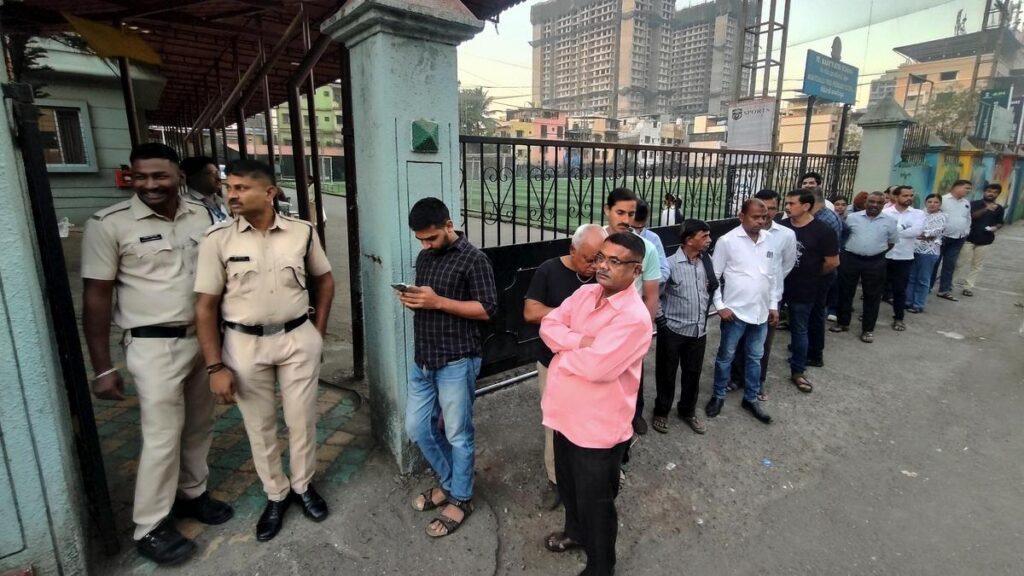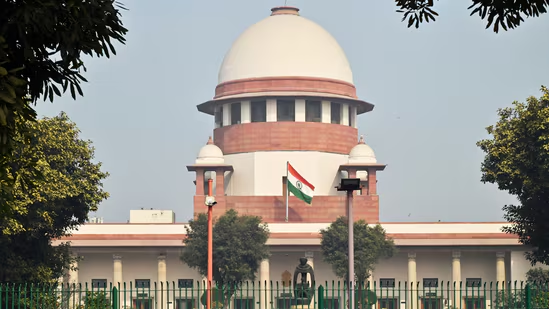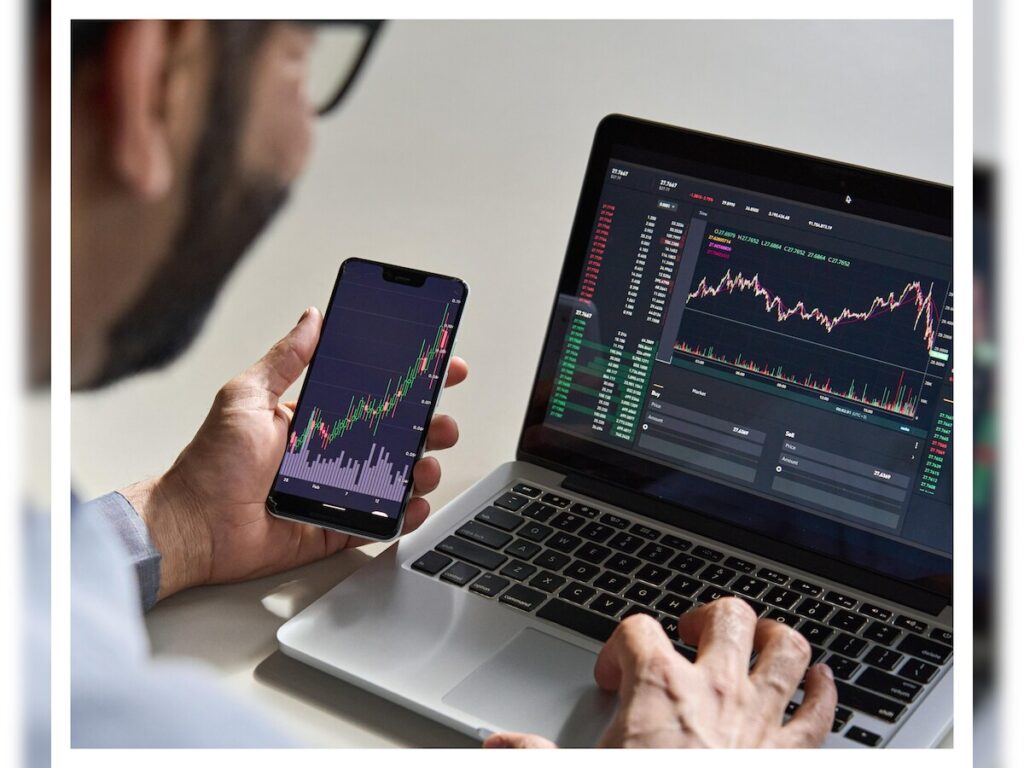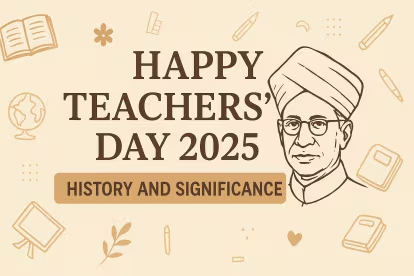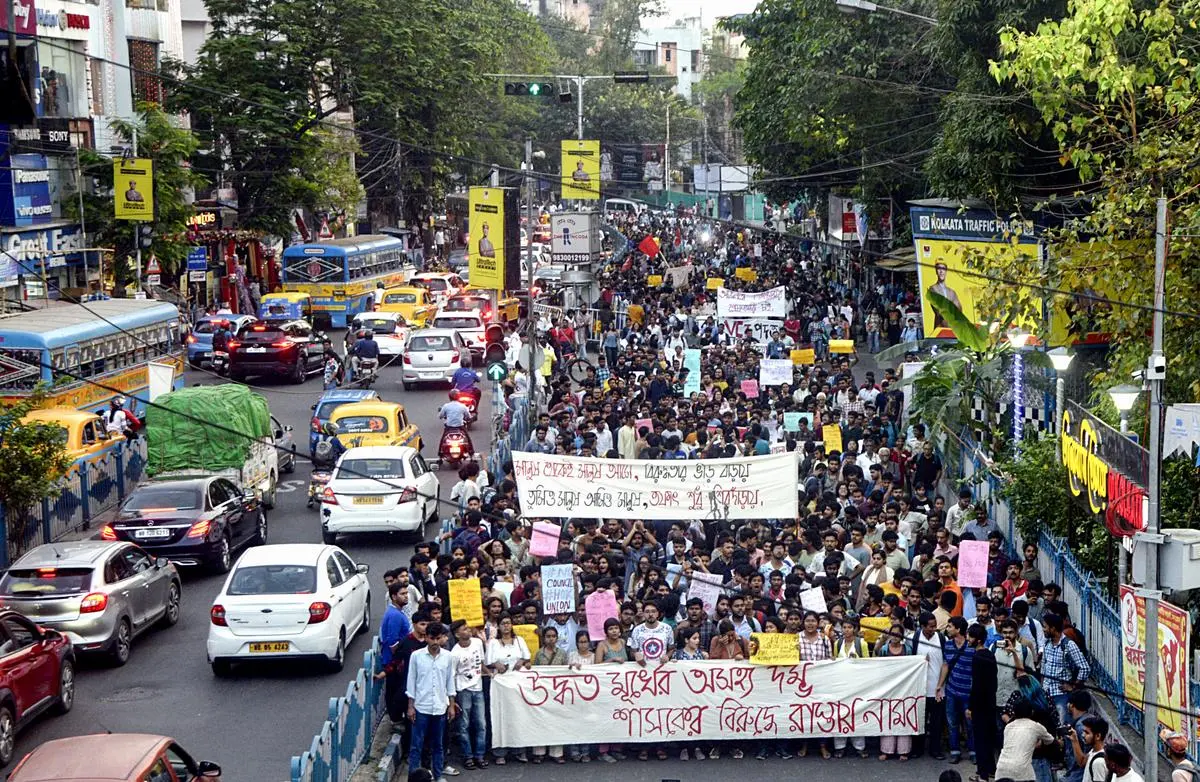Now Reading: EU Chief Calls on India to Play Key Role in Ukraine Peace Efforts
-
01
EU Chief Calls on India to Play Key Role in Ukraine Peace Efforts
EU Chief Calls on India to Play Key Role in Ukraine Peace Efforts
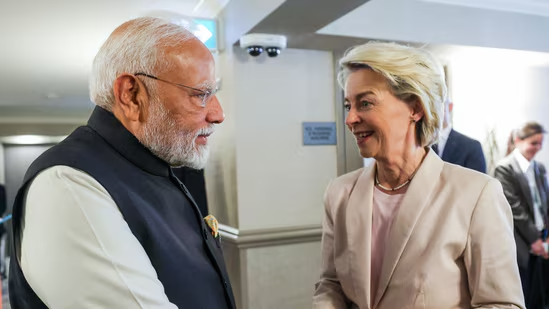
European Union President Ursula von der Leyen has highlighted India’s potential role in finding a resolution to the ongoing war in Ukraine. In a recent conversation with Prime Minister Narendra Modi, she emphasized that India, with its growing global influence and balanced ties with major powers, can help shape dialogue that could lead to peace. The remarks underline the international expectation placed on New Delhi as conflict continues to impact global stability.
India has so far maintained a careful stance on the war, calling for dialogue and diplomacy while avoiding taking sides. This position has allowed New Delhi to keep strong ties with both Western nations and Russia. At the same time, India’s rising importance in global supply chains, energy markets and multilateral forums has added weight to its voice in international diplomacy.
The EU chief’s comments also come at a time when Europe is looking for partners to reduce tensions and mitigate the wider impact of the conflict. With energy prices, food security and trade routes affected, countries across Asia, Africa and Europe are dealing with ripple effects. India’s participation in shaping possible solutions is being seen as crucial in creating broader consensus.
For Tier 2 cities in India, the global conflict may feel distant, but its effects are visible in rising fuel costs, inflation and disruptions in commodity markets. Any step that helps ease the war’s pressure on global trade could directly benefit households and industries in these regions. Leaders and businesses in smaller cities are increasingly aware of how international diplomacy affects local economies.
India’s approach has been to keep dialogue open with all parties while urging for peace without escalation. This balance has been appreciated in different parts of the world, though critics argue that New Delhi could use its influence more assertively. The conversation between Modi and von der Leyen reflects this ongoing debate on how far India should go in shaping peace initiatives.
As the war drags on with no clear resolution, expectations on India are likely to grow further. The country’s ability to engage with diverse stakeholders while protecting its own national interests will define its role in the months ahead. For now, the EU’s call shows that the world is looking at India not just as a partner but also as a mediator in times of crisis.








